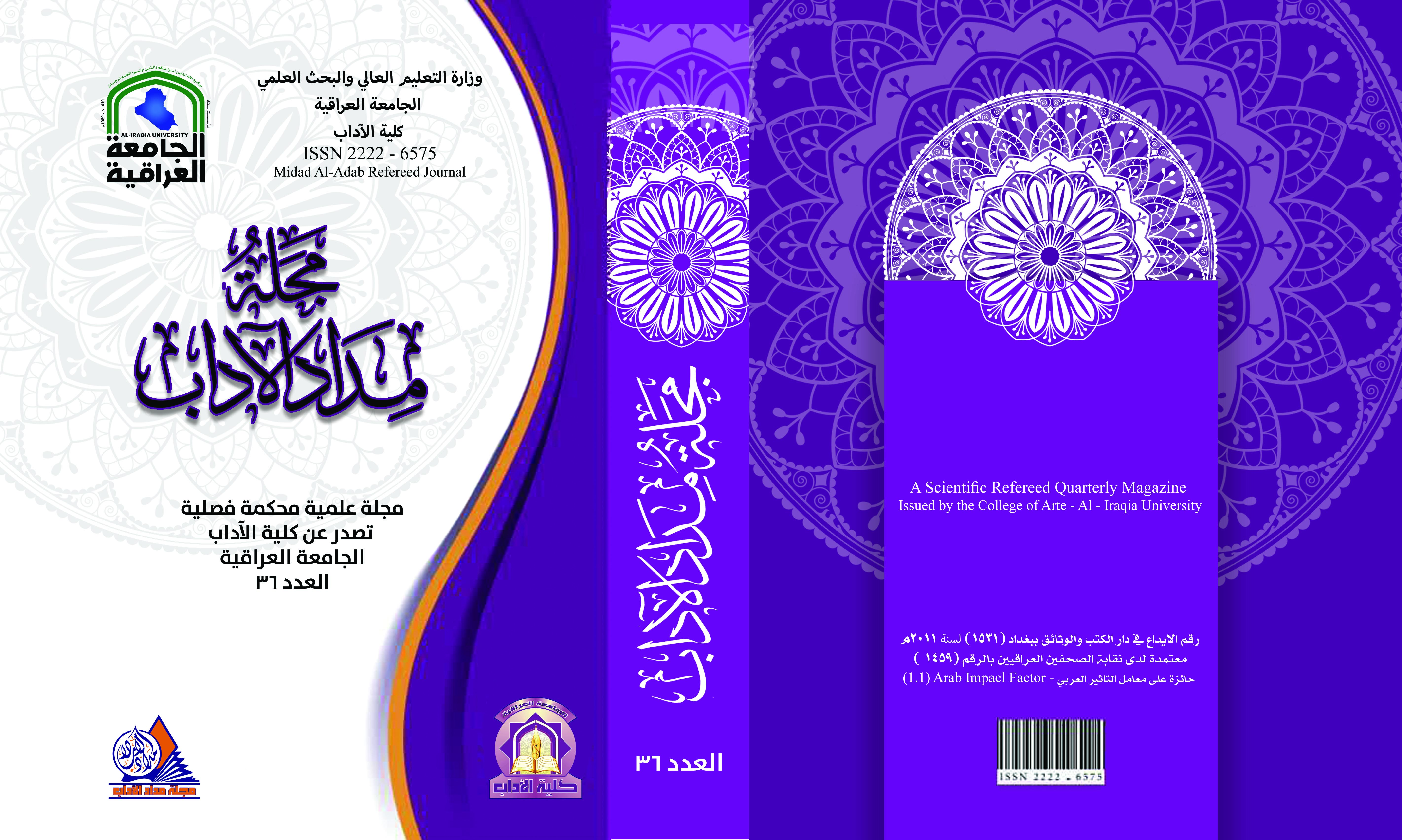‘‘The effect of teacher's corrective feedback on Iraqi intermediate EFL student's writing Anxiety, motivation and writing Accuracy’’
DOI:
https://doi.org/10.58564/ma.v14i36.1595Keywords:
Corrective Feedback, Writing Accuracy, Writing Anxiety, Writing Motivation.Abstract
The purpose of this research was to examine the impact of corrective feedback provided by teachers on the motivation, accuracy, and anxiety levels of Iraqi intermediate EFL students when writing. The study employed a quasi-experimental intact control experimental group consisting of undergraduate Iraqi EFL students at the intermediate level. Individuals were selected from the available population of undergraduate EFL learners at reputable institutions in Al-Diwaniyah and Najaf through the approach of convenience sampling. One hundred individuals were chosen from a total of 179 applicants, predicated on their readiness to partake, availability throughout the study period, and performance on the Oxford Quick Placement Test. The mean age of the participants was approximately 24, with a range of 19 to 35 years.
The study employed various instruments and measures, including the Longman Academic Writing Series 3, Oxford Quick Placement Test, writing pretest and posttest, scoring rubric, English Writing Anxiety Scale, and Writing Motivation Scale. The study commenced with obtaining informed consent from the participants and conducting tests to select intermediate learners. Individuals who were chosen were separated into an experimental group and a control group. In the experimental group, participants received explicit error correction and metacognitive guidance to improve their writing skills. On the other hand, the control group revised their writing without receiving any feedback. Following a three-month period, a posttest was administered, and data analysis was conducted.
According to the findings of the research, corrective feedback significantly decreased the writing apprehension of the participants. Moreover, the experimental group participants exhibited a notably elevated level of motivation in comparison to the control group participants, thus suggesting that corrective feedback has a beneficial effect on motivation. In addition, corrective feedback significantly improved the accuracy of the participants' writing.
Downloads
Published
Issue
Section
License

This work is licensed under a Creative Commons Attribution-NonCommercial-NoDerivatives 4.0 International License.








